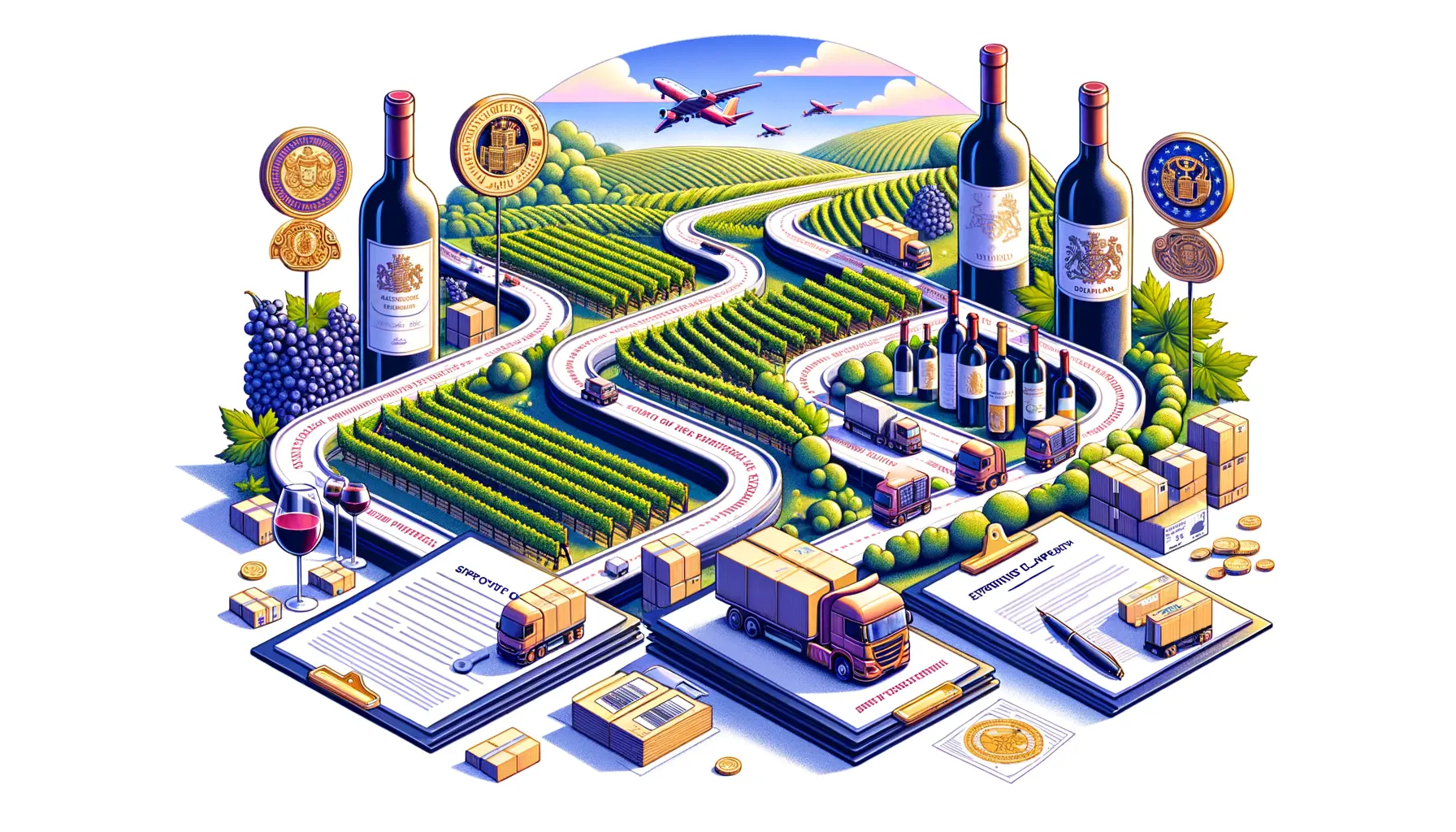
Since Brexit, the landscape for importing wine into the UK has dramatically changed, posing new challenges even for well-established channels. Navigating this bureaucratic maze becomes even more complex for wine enthusiasts looking to import sample bottles from numerous producers. This article delves into the intricacies of importing wine into the UK post-Brexit and offers insights into potential solutions.
The Brexit Impact on Wine Importation
Brexit has introduced significant obstacles in the form of increased paperwork, additional customs checks, and more stringent regulations. Importing wine now requires detailed documentation, including customs declarations, Excise Movement and Control System (EMCS) procedures, and compliance with the UK's specific labeling and marketing standards.
Increased Bureaucracy and Delays
One of the most notable impacts of Brexit is the heightened bureaucracy. Importers must now deal with a complex web of customs and excise paperwork, causing delays and increased costs. Each bottle of wine must comply with VAT and excise duties, and importers need to be well-versed in the latest regulations to avoid fines and confiscations.
Compliance with New Regulations
Adhering to new labeling requirements is another significant hurdle. The UK now mandates specific labeling standards, which include production date, origin, and detailed allergen information. These stipulations add an extra layer of scrutiny for producers and importers, affecting the overall speed and efficiency of bringing wine into the country.
Solutions for Efficient Wine Importation
Leveraging Digital Platforms
Utilizing digital platforms like Quincy can streamline many of the processes involved. By incorporating blockchain technology, Quincy not only provides a secure storage service but also ensures the provenance of each wine bottle stored. This technology aids in reducing paperwork and ensuring compliance with regulatory standards through digitalization.
Collaborating with Reliable Partners
Forming partnerships with experienced logistic firms that specialize in post-Brexit import regulations can significantly alleviate some of the inherent challenges. These firms can navigate the intricacies of customs declarations and regulatory paperwork, providing a smoother import process.
Staying Updated on Regulations
Regularly updating and educating oneself on the latest Brexit-related import regulations can make a significant difference. Being proactive in understanding changes helps avoid last-minute surprises and ensures that all shipments comply with current laws.
Streamline the Wine Importation Process
In conclusion, while Brexit has introduced new complexities into the process of importing wine into the UK, there are viable strategies to ameliorate these challenges. Leveraging technology, partnering with knowledgeable logistics firms, and staying informed about regulatory changes are key steps in ensuring a seamless importation experience. For an efficient and transparent wine importation solution, consider digital platforms like Quincy. Sign up at Quincy to learn more about modernizing your wine storage and importation process.




